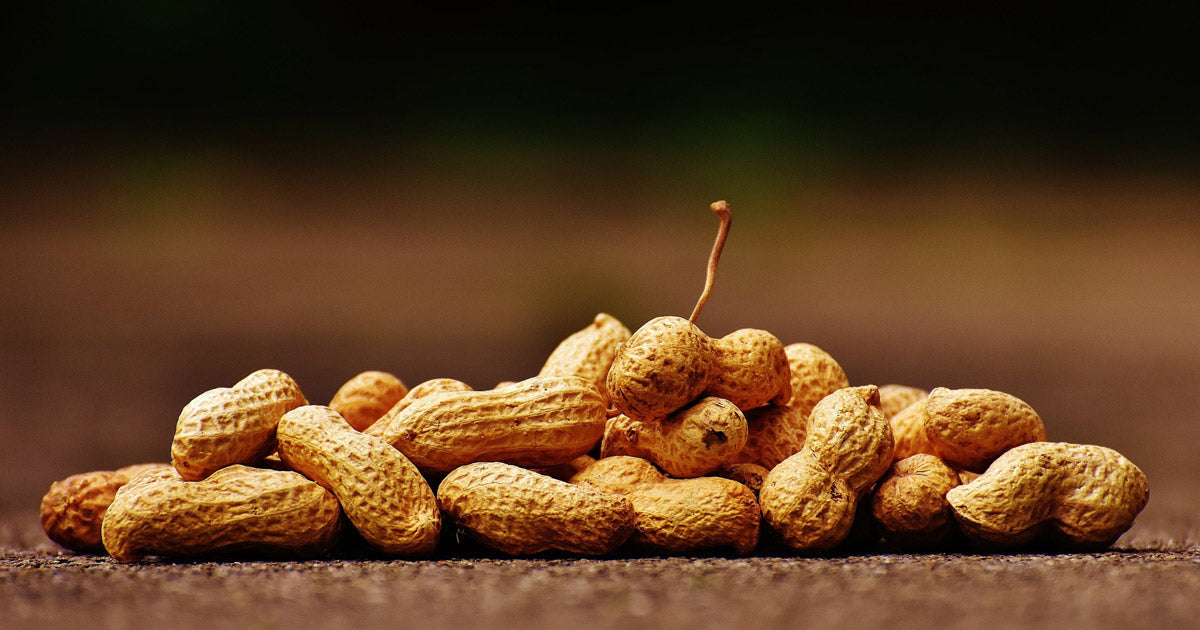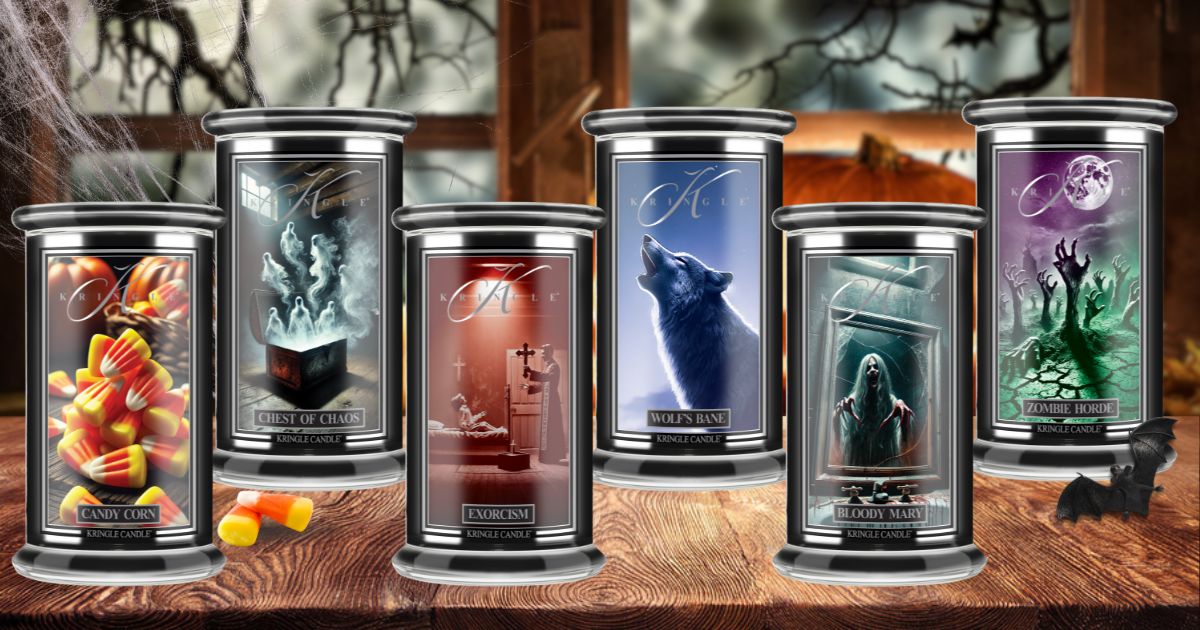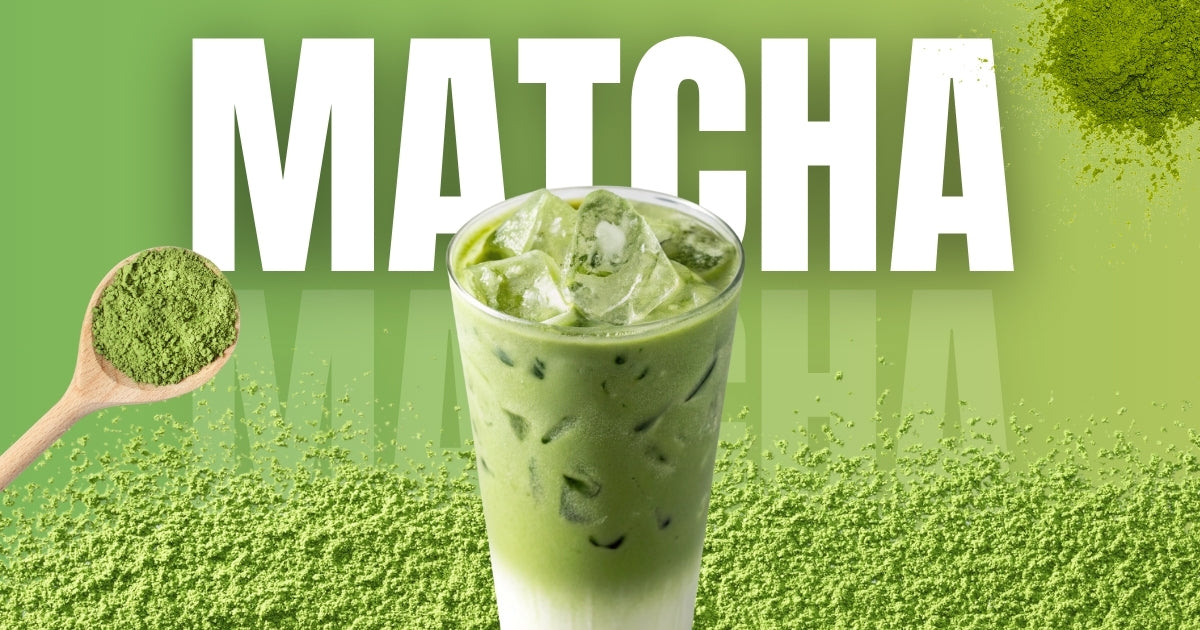
Peanut butter (also known as peanut cream or peanut puree) consists largely of ground peanuts . Add salt, sugar and vegetable oil (usually Palm oil , rapeseed oil or cottonseed oil). But does that really have to be the case? Is there no natural peanut butter without palm oil and free from other additives? To answer this question, we first need to clarify why so many Peanut butter products palm oil contain.
Why is palm oil in peanut butter?
If you walk through the supermarket and look at the list of ingredients of the products, you quickly notice that in almost every second product contains palm oil No matter whether it is pizza, biscuits, chocolate, margarine or Cosmetic products like soaps, skin creams, toothpaste and detergents – palm oil is not easy to avoid. Palm oil is also a component of most peanut butter products. integral part the list of ingredients. But why is palm oil found in so many peanut butter products? Especially in nut spreads, such as peanut butter, hazelnut butter, or pecan butter, palm oil serves as stabilizer – it therefore ensures a good spreadability .
Palm oil under criticism – bad for the environment and health?
The fact that palm oil is bad for the environment can now be seen in countless contributions read on the Internet. The reason for the palm oil boom is Curse and blessing at the same time. Since palm oil is used in the production extremely cheap is, more and more producers are relying on the product, which is mainly made Indonesia, Malaysia and Thailand Palm oil has a market share of 30% and is the most commonly used vegetable oil the world. Alone in 2018 were around 70 million tons produced – and the trend is rising.
Due to the extremely cheap production Of course, the demand . For this reason, in Indonesia numerous rainforests cut down or burned down. Especially for Orangutans make up these rainforests the last remaining habitat But also in other countries where forests are being cleared, many unique animals their habitat.
Also the global climate suffers from the newly created palm plantations. Rainforests normally take tons of harmful gas carbon dioxide (CO2). If these forests are cut down or burned to create new areas for plantations, a lot of CO2 released .
The figures are alarming and extremely worrying. On the Indonesian island of Sumatra alone, hourly Rainforest as big as 88 football fields burned or cut down . While you were reading this text, approximately 3.5 football fields of rainforest deforested – and that alone on the island of Sumatra .
In addition to the environment, many small farmers under the circumstances of palm oil production. These must always comply with the global prices adapt and have no room for negotiation .
Palm oil should also bad for your health Excessive consumption of palm oil can negative effect on blood lipid levels The reason is the high proportion of saturated fatty acids contained in palm oil. Also of concern is the harmful LDL cholesterol , which Assessments by nutritional medicine specialists the effect of insulin in the body and thus causes a higher risk of diabetes Too many saturated fatty acids can also lead to Vasoconstriction Possible consequences? Stroke and heart attack.
Palm oil processing can also carcinogenic substances If palm oil is heated to high temperatures during production, 3-MCPD fatty acid esters and Glycidol fatty acid esters . The Federal Institute for Risk Assessment (BfR) classifies Glycidol , which is split off during digestion, as carcinogenic Also MCPD is strongly suspected of In animal experiments, it caused cancer at a certain dose Tumors and damaged internal organs such as liver and kidneys. For this reason, it is recommended to limit the intake of this substance as low as possible to keep.
Unlike industrially produced palm oil, untreated palm oil is considered to be in its original form, i.e. cold-pressed and untreated as healthy. Nevertheless, numerous rainforests are being cut down for this purpose. If you have read this far, we are now at a size of almost 6 football fields that were cut down or burned on the island of Sumatra alone.
Peanut butter without palm oil – what alternatives are there?
At American Heritage, we place great importance on sustainable and high-quality products . For this reason, we have in our range exclusively peanut butter without palm oil . Our products are selected suppliers who all avoid palm oil, directly from the USA imported. When selecting suitable suppliers, it was particularly important to us to provide our customers with natural peanut butter to offer the fairly produced and tastes great. With the Peanut Butter Company and from Biona We've succeeded extremely well. Another positive aspect is that all the peanuts processed into peanut butter by the aforementioned companies come from the USA.
Peanut butter without sugar & peanut butter without additives
Meanwhile, the own health more into focus again and you eat more conscious and healthier . The trend is towards natural products. For this reason, the demand for Peanut butter without sugar and additive-free peanut butter .
Every peanut butter in our range consists made exclusively from ground peanuts and table or sea salt. It is No added sugar , as in many other peanut butter products. Preservative additives are also not added to our natural peanut butter taboo.
In summary, if you are looking for a:
- Peanut butter without palm oil
- Peanut butter without sugar
- Peanut butter without additives
then you can boldly access one of our products – no matter whether “creamy” or “crunchy” .
Is peanut butter healthy?
Since we now have many negative aspects of palm oil After talking about peanut butter, you're probably wondering whether it's actually healthy. The answer is relatively simple: Yes! Peanut butter is a very good source of protein . It also contains many Fiber , which keeps you full for a long time and also promotes digestion. It is considered excellent source of potassium and is characterized by a high amount of healthy fats and proteins a real energy supplier. Peanut butter also contains many Minerals and Vitamins . The peanut itself has a high content of magnesium, potassium, zinc, arginine, vitamin B3 and vitamin E. At the same time, peanuts low in sodium and cholesterol-free . Natural peanut butter can therefore be consumed without a guilty conscience. However, caution is advised when it comes to calories. With around 650 kcal per 100 grams, peanut butter A real calorie bomb . Those who keep their peanut butter consumption in moderation have nothing to fear here either.
Does peanut butter (without palm oil) go bad?
Anyone who only occasionally delicious peanut butter sandwich and therefore does not need as much peanut butter, the question will arise whether peanut butter can go bad.
As a rule, peanut butter can be used due to its high fat content not mold . However, it can happen from time to time that used cutlery when consuming peanut butter which is already with other foods was in contact. Therefore, if the same cutlery is used, tiny residues of other foods will migrate into the peanut butter, which can lead to mold.
If the best-before date has passed, there is a chance that the peanut butter will go rancid. However, this can be using an odor test Just check. If the peanut butter smells rancid, you shouldn't eat it or use it for cooking.
Our tip: When shopping, pay attention to clean glasses that are not dented or damaged!
How long does peanut butter last?
Natural peanut butter, i.e. peanut butter without palm oil and free from preservatives, basically lasts very long . This also depends on the storage Natural peanut butter should refrigerated after opening Unopened, the peanut butter will last about 3 months in the pantry and after opening, keep in the refrigerator for another 6 months.
Theoretically, peanut butter can also be easily freeze and thaw again at a later time.
So that the peanut butter, despite its stay in the refrigerator, beautifully soft we recommend the peanut butter approx. one hour before consumption to take out of the refrigerator.
By the way: in the peanut butter products we offer from American Heritage, the oil occasionally separates from the peanut butter and settles on the surface. This is no sign that peanut butter is bad. Rather, it points to the excellent quality of the peanut butter. Simply stir the peanut butter gently with a knife before use so that the released oil mixes back into the peanut butter.
What peanut butter alternatives are there?
If you are not a big fan of peanut butter, you can also numerous alternatives Biona, one of our selected suppliers, has specialized in Nut spreads and has other alternatives in its range besides peanut butter:
All products are imported directly from the USA and can be easily ordered in our online shop.
Summary: Peanut butter without palm oil
Who yourself and the Environment If you want to do something good, you are well advised to natural peanut butter Also tasteful Peanut butter products without sugar and without other additives are the better alternative . If the ingredients list only contains ground peanuts and salt, the taste is significantly more authentic and more intense .
A final thought that should once again clarify the problem of palm oil: You still remember the Indonesian island of Sumatra , which is affected by heavy rainforest deforestation? While you were reading this article, rainforest as large as 10.5 football fields destroyed to make room for new palm oil plantations to accomplish.


